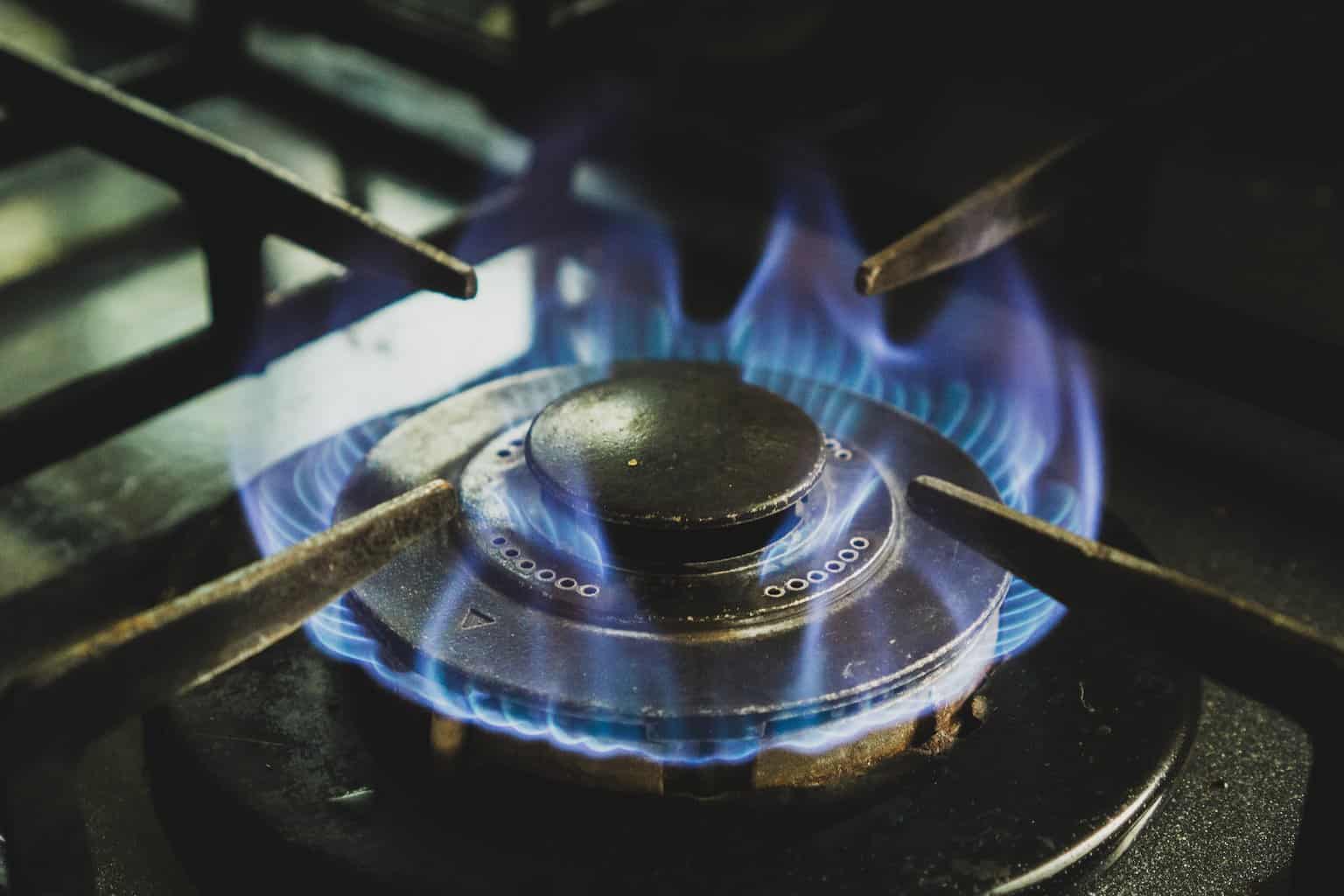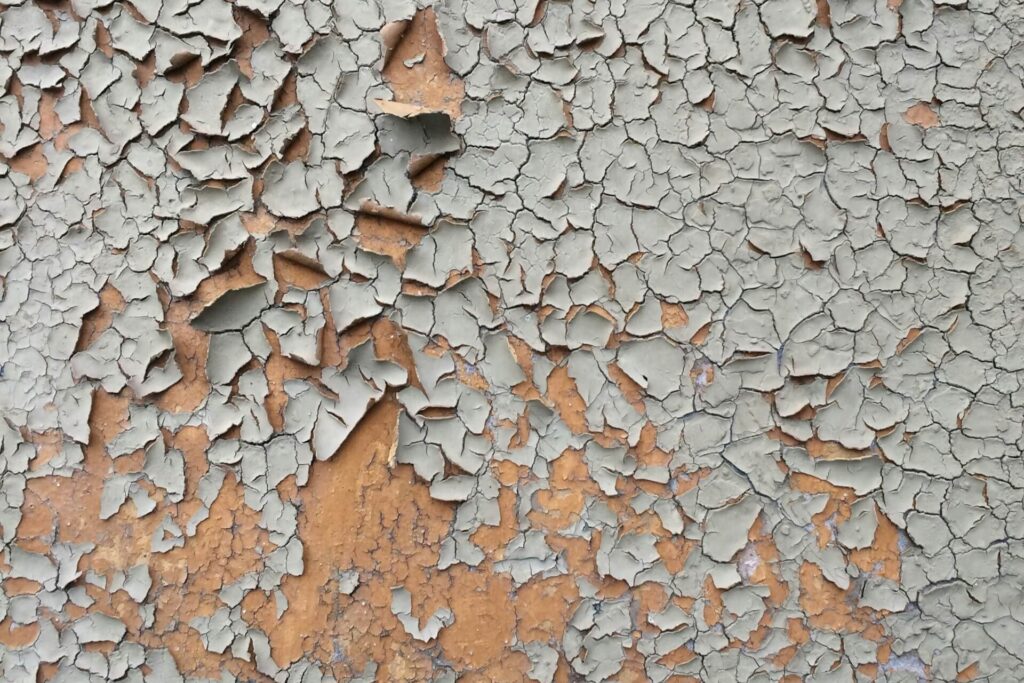
We are reader-supported. When you buy through links on our site, we may earn an affiliate commission.
Natural gas is a valuable resource used in many buildings around the world to heat and fuel various sources. However, it’s a tricky gas that can get complex and even dangerous. It requires a specially-trained professional to handle it, which is what a gas plumber is.
If you experience issues with a natural gas line or appliance, it’s time to involve a gas plumber.
Here’s everything to know about gas plumbers, including what issues they can correct and how to be one yourself.
What is a Gas Plumber?
Just as a water plumber handles pipes and water lines, a gas plumber handles natural gas and its associated lines and apparatuses. Despite the name, like all matter, natural gas can exist in various forms, and liquified natural gas is the type most often transported through pipes and in tankers so that this fuel can reach its destination.
How Natural Gas Creates Electricity
Natural gas fuels many home appliances and heating and cooling devices that make your home comfortable with convenient features. It is currently the single-largest source of power in the United States, coming in second to solar in new generating stations built in 2023. These power plants come in four types:
- Combined-cycle gas turbines: These are the most efficient, using heat recapture to capture the exhaust and send it back through a second cycle for additional power generation.
- Simple-cycle gas turbines that don’t have the heat recapture feature.
- Steam turbines that use natural gas to heat water to spin a turbine.
- Internal combustion engines, which hold promise for a cleaner energy future, especially in regards to the transportation industry.
Many people consider natural gas cleaner than oil or coal. While it is true that it burns cleaner, it remains a fossil fuel and the extraction methods are environmentally costly, as are leaks. Natural gas comes from plant and animal remains buried hundreds of years ago and primarily consists of methane, a greenhouse gas with 27 to 30 times the global warming potential of carbon dioxide.
Most natural gas results from fracking, a process that uses a huge amount of water and can contaminate limited freshwater supplies. Continued reliance means banking national security and energy policy on a finite, market-dependent resource. However, many experts say that natural gas will continue to play a pivotal role in transitioning to a clean energy future, meaning that job prospects in the field remain excellent in coming years.
Gas Plumbers Protect You and Your Family
You should only work with natural gas if you have professional experience. Without the proper skill and precautions, you and your household could suffer from natural gas poisoning or an explosion. These serious consequences aren’t worth trying to save the cost of hiring a professional. This type of poisoning can be fatal to people and pets, so stay alert to the following warning signs if you have natural gas in your home:
- Difficulty breathing and irritation of your eyes, nose and throat
- Fatigue and excess sleepiness
- Dizziness and feeling faint
- Flu-like symptoms, headaches and nausea
- Reduced appetite
- Chest pain
- Nosebleeds
- Ringing in the ears
If you notice these signs, you should seek immediate medical attention. A doctor can test for gas poisoning and administer appropriate treatments while directing you to help resources. However, you may need to advocate for yourself and ask for what you need. Request a written confirmation of your diagnosis — it can help when applying to your homeowner’s or renter’s insurance policy for reimbursement.
Gas plumbers are contractors with certification and experience handling natural gas projects and can safely complete the installation and repair of lines and appliances. Like regular plumbers, they know how to assemble pipes and fittings but have additional training in protecting against leaks that could harm your family’s health.
What Problems Should a Gas Plumber Handle?
Gas plumbers can handle a variety of projects involving natural gas lines. You should call a natural gas plumber for issues involving:
- gas-powered dryers
- stoves, heaters
- water heaters
- air conditioning systems
- grills.
If you suspect a natural gas line leak or break outside your home, contact your utility provider, who should send a natural gas plumber to investigate.
The smell tells you if there is a leak in or around your home. On its own, natural gas has no odor. Since it’s also colorless, the lack of identifying features could be extremely dangerous. To mitigate this; gas companies add the harmless but smelly chemical mercaptan. It creates a “rotten egg” smell that lets you know when something is wrong.
Also, pay attention to your houseplants and consider placing them near gas appliances to serve as the proverbial canaries in the coal mine. If they start dying, it indicates a problem with your indoor air. You should also consider adding a natural gas detector to your home security system to alert you to potential trouble.
If you smell natural gas, contact a gas plumber or your gas provider immediately, put out any open flames, do not use lights or electronics and leave home until a professional gives you further instructions. Contact your homeowner’s or renters insurance regarding coverage for alternative lodging while officials rectify the problem.
How to Become a Gas Plumber
A gas plumber can be a lucrative career for many people in the construction industry. It’s an important job that can help a lot of people.
While every state has its qualifications, a gas plumber typically needs a high school diploma and an apprenticeship before they get licensed. By networking with industry professionals, you can find the right apprenticeship to learn the ropes of being a gas plumber.
Once you get a license from the state, you can begin building a client base and performing the work you trained for.
The average gas plumber makes $58,000 a year, while some make an income of $88,000.
Choosing a Gas Plumber for Your Next Project
Many contractors exist to handle your home repairs, and a gas plumber is an important resource if you have natural gas coming into your home.
As tempting as it is for you or a friend to try and repair gas issues, resist the urge. Natural gas works require a professional with the knowledge and experience to handle this dangerous but necessary energy source.
Originally published December 2022. Updated September 2024.







